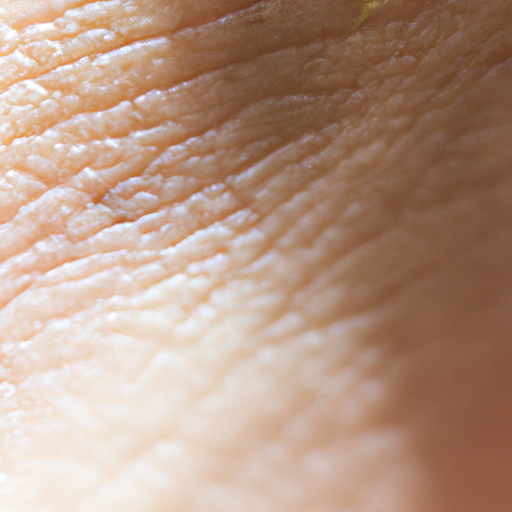As a dermatologist, I am often confronted with patients who are battling dry skin. Dry skin, also known as xerosis cutis, is a common condition that can cause discomfort and sometimes embarrassment. It is characterized by a lack of the appropriate amount of water in the most superficial layer of the skin, the epidermis. While dry skin tends to affect hands, arms, and legs most often, it can appear anywhere on the body.
Dry skin manifests itself through various symptoms. The most common one is a feeling of skin tightness, especially after showering, bathing or swimming. Skin may also appear shrunken or dehydrated, and it may feel and look rough rather than smooth. In more severe cases, individuals may experience itching (pruritus), slight to severe flaking, scaling or peeling, fine lines or cracks, redness, and even deep fissures that may bleed.
Now that we have identified the symptoms let’s delve into the root causes of dry skin. Understanding these causes can help us manage the condition more effectively.
1. Weather: In general, skin tends to be driest in winter when temperatures and humidity levels plummet. However, the skin can also dry out in hot, arid climates.
2. Heat: Central heating, wood-burning stoves, space heaters, and fireplaces all reduce humidity and dry your skin.
3. Hot Baths and Showers: Taking long, hot showers or baths can dry your skin. Similarly, frequent swimming, particularly in heavily chlorinated pools, can have a similar effect.
4. Harsh Soaps and Detergents: Many popular soaps and detergents strip lipids and water from your skin. Deodorant and antibacterial soaps are usually the most damaging among these culprits.
5. Other Medical Conditions: Certain diseases also can significantly alter the function and appearance of your skin including diabetes, hypothyroidism, renal disease, malnutrition, and atopic dermatitis.
In many cases, dry skin problems can be controlled with over-the-counter (OTC) products and lifestyle changes. However, if the condition persists or causes significant discomfort, it is advisable to seek medical help. A dermatologist can help identify the root cause of your dry skin and provide you with a comprehensive treatment plan.
Treatment typically involves lifestyle changes and using OTC or prescription creams and ointments that replenish the skin’s moisture. A good moisturizer can help restore water to the skin and form a barrier against further moisture loss. If dry skin is caused by a health problem, such as psoriasis or eczema, the underlying condition needs to be treated before the skin can improve.
Prevention is always better than cure. Here are some tips to prevent dry skin: limit your time in the shower or bath to 5 or 10 minutes, use warm rather than hot water, wash with a gentle, fragrance-free cleanser, apply enough cleanser to remove dirt and oil, but avoid using so much that you see a thick lather, blot your skin gently dry with a towel, and immediately moisturize your skin after washing.
In conclusion, dry skin is a common issue that can often be effectively managed with simple lifestyle changes and OTC treatments. However, if these measures don’t help or if the condition worsens, it’s important to seek professional help. As dermatologists, we are here to help you understand your skin better and provide effective treatments for all your skin concerns.



